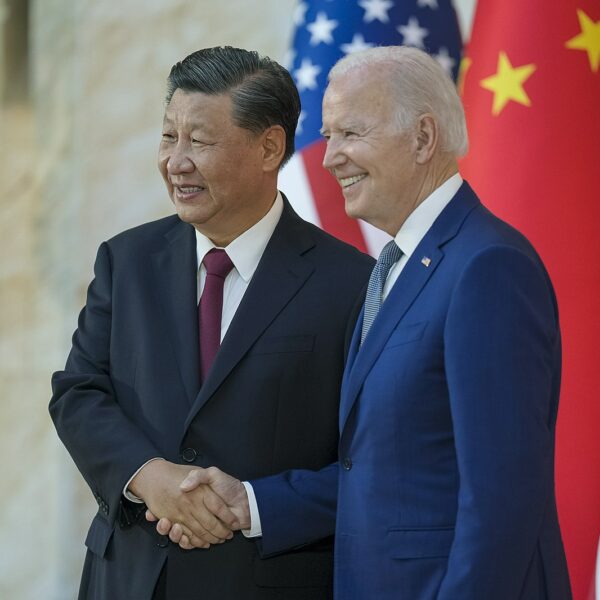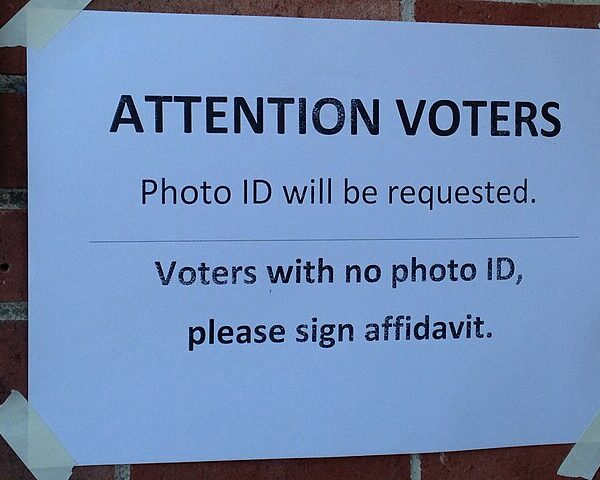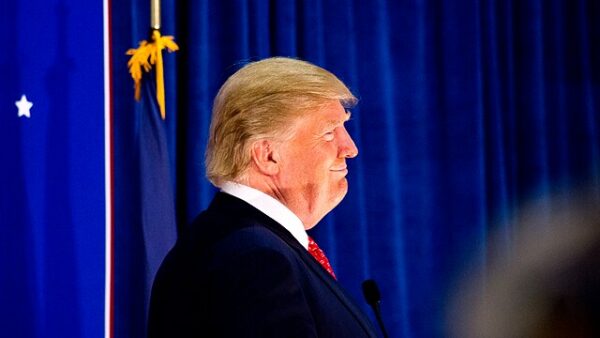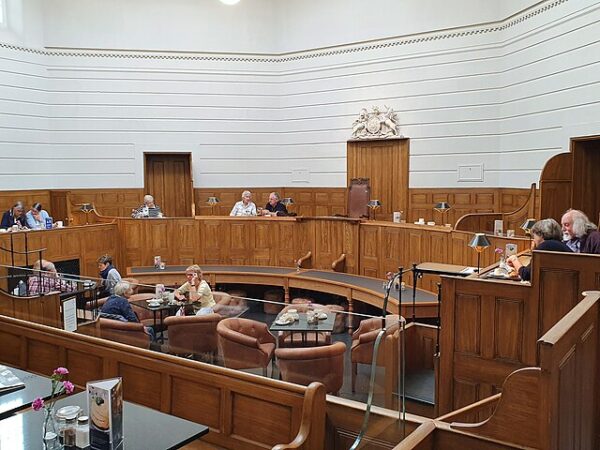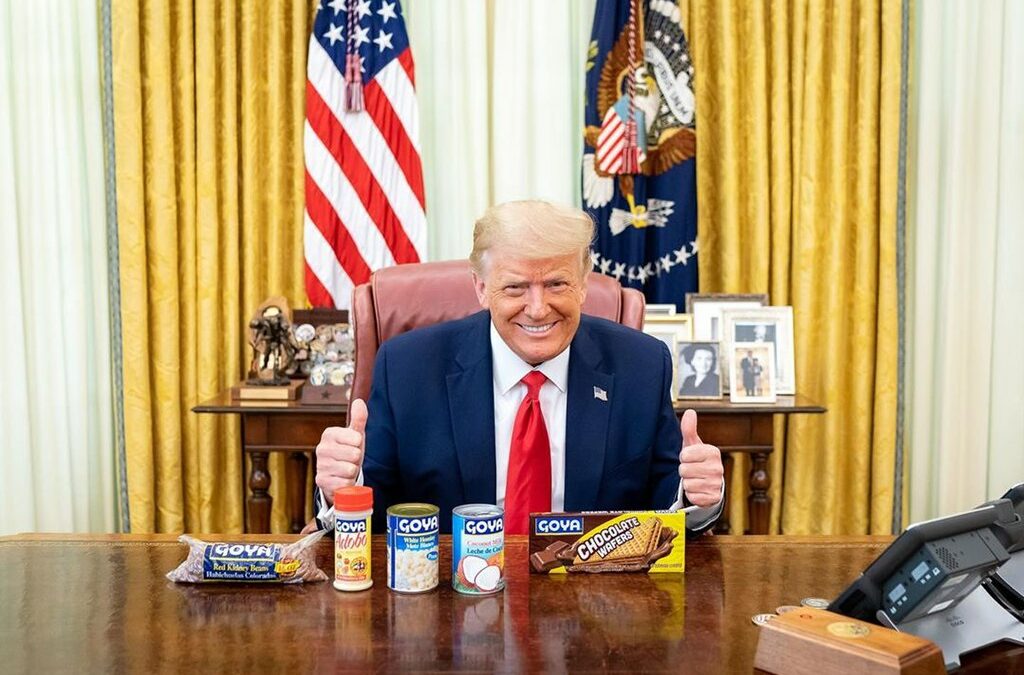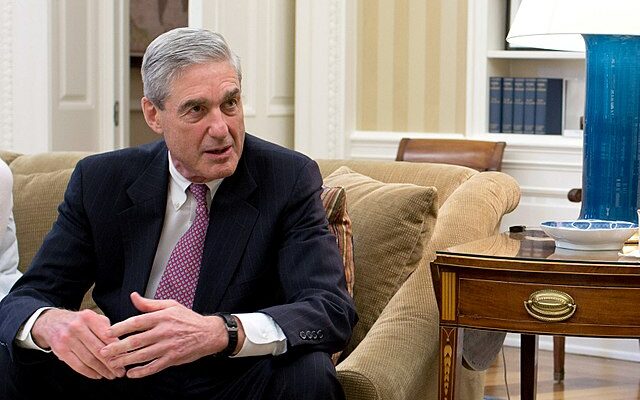
Former FBI Director Robert Mueller has been subpoenaed to testify before the House Oversight Committee regarding the bureau’s handling of the Jeffrey Epstein investigation during the George W. Bush administration, according to reporting by Real Clear Investigations. The hearing is scheduled for September 2.
House Oversight Chairman James Comer confirmed Monday that Mueller is among several high-profile individuals ordered to appear before the committee. But questions now surround Mueller’s ability to testify, as sources told Real Clear’s Paul Sperry that the former FBI chief has been living in a memory-care facility “for the past few years.” No formal statement has been made by Mueller or his representatives regarding his health or capacity to testify.
NEW: House Oversight Committee has subpoenaed Robert Mueller to appear for a Sept. 2 deposition to provide details from an FBI investigation of Jeffrey Epstein from decades ago — even though sources tell me Mueller has been living in a memory-care facility for the past few years
— Paul Sperry (@paulsperry_) August 5, 2025
The Oversight Committee declined to comment on the report when approached by The Daily Caller, but a spokesperson noted that the subpoenas “are legally binding and duly authorized,” and added that the Committee would “engage in good faith negotiations with all parties,” according to the outlet.
Mueller, who led the FBI from 2001 to 2013 and later served as special counsel in the Trump-Russia investigation, remains a central figure in recent U.S. legal and political history. His 2019 report concluded there was insufficient evidence to establish that the Trump campaign conspired with the Russian government during the 2016 election—a finding that became a defining moment of the Trump presidency. Now, Mueller’s relevance takes on new weight as revelations emerge suggesting the Russia investigation may have been politically engineered from the outset.
While Mueller’s investigation found no prosecutable conspiracy, newly released documents from a separate probe point to a more troubling origin story—one in which the conspiracy was manufactured from the start. A recently declassified 29-page appendix to Special Counsel John Durham’s final report, however, released July 31 by Senate Judiciary Chairman Chuck Grassley, a Republican from Iowa, revealed that Hillary Clinton’s 2016 presidential campaign orchestrated a deliberate effort to fabricate ties between Donald Trump and Russian election interference. The objective, according to the documents, was to divert public and law enforcement attention from Clinton’s own email scandal during the final stretch of the election.
The appendix—now being referred to as the “Durham Annex”—claims that Clinton personally approved the strategy. One internal campaign message cited in the document reads, “HRC approved [Campaign adviser Julie’s] idea about Trump and Russian hackers hampering U.S. elections,” and predicted that “the FBI will put more oil into the fire.”
The annex outlines how the campaign allegedly anticipated support from federal agencies and private cybersecurity firms, including CrowdStrike and ThreatConnect, to legitimize and amplify the narrative. The document asserts that these firms were expected to provide technical backing for claims of Russian interference tied to the Trump campaign.
In a further twist, the annex points to George Soros’ Open Society Foundations as playing a supportive role. Hacked emails—purportedly authored by Soros executive Leonard Benardo—suggest coordination between the foundation and Clinton adviser Julianne Smith to bolster the Trump-Russia storyline. One message claims Democratic Party leaders secured then-President Barack Obama’s backing in order to “remove possibly negative effects from the FBI investigation into Hillary Clinton.”
Perhaps most striking, the document alleges that then-CIA Director John Brennan personally briefed Obama, Vice President Joe Biden, FBI Director James Comey, and other top officials on the Clinton campaign’s plan during an August 3, 2016 meeting. Despite this, the annex states, the FBI failed to act on a subsequent CIA referral regarding the matter.
The Durham Annex reignites controversy surrounding the origins of the Trump-Russia probe and raises new questions about coordination at the highest levels of government during the 2016 election.
Mueller’s alleged cognitive decline may complicate the Committee’s effort to obtain meaningful testimony. While no official medical records have surfaced, reports of his residence in a memory-care facility may affect how—or whether—his appearance proceeds.
With Mueller’s health uncertain and the credibility of the original Russia investigation under renewed scrutiny, the Oversight Committee’s inquiry carries constitutional significance. At issue is not only the potential manipulation of federal law enforcement for political ends, but the capacity of Congress to confront it, even if one of its central witnesses can no longer speak for himself.
[Read More: Miss USA Files Restraining Order Again Congressman]

